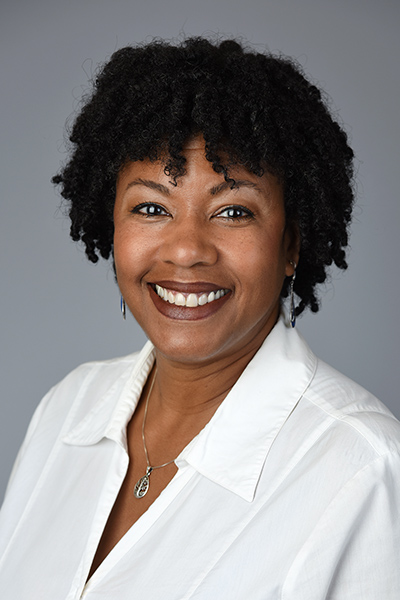The How – Meet the Researcher
03-31-2022
03-31-2022

Although clinical research is clearly important to preventing and finding new treatments for breast cancer, we must also understand that applied health communication research is crucial to recruitment. Applied health communication research is a social science that focuses on creating effective communicative processes that can directly impact patients’ successful interactions in health situations.
Without effective recruitment to their breast cancer clinical trials, researchers are unable to provide new treatments and processes that work for members of all racial, ethnic, and cultural groups.
Today we highlight the applied research of Kathi Ridley-Merriweather, PhD, the Communication, Recruitment, and Outreach Manager for the KTB and the Biospecimen Collection and Banking Core (BC2).
Here is the abstract of her latest work. To read the entire article, please click this link.
Ensuring that racial and ethnic minority women are involved in breast cancer research is important to address well-documented current disparities in cancer incidence, stages of diagnosis, and mortality rates. This study used a novel interactive focus group method to identify innovative communication strategies for recruiting women from two minority groups—Latinas and Asian Americans—into the Komen Tissue Bank, a specific breast cancer biobank clinical trial. Through activities that employed visual interactive tools to facilitate group discussion and self-reflection, the authors examined perspectives and motivations for Asian American women (N = 17) and Latinas (N = 14) toward donating their healthy breast tissue. Findings included three themes that, while common to both groups, were unique in how they were expressed: lack of knowledge concerning breast cancer risks and participation in clinical research, cultural influences in BC risk thinking, and how altruism relates to perceived personal connection to breast cancer. More significantly, this study illuminated the importance of using innovative methods to encourage deeper, more enlightened participation among underrepresented populations that may not arise in a traditional focus group format. The findings from this study will inform future health communication efforts to recruit women from these groups into clinical research projects like the Komen Tissue Bank.
To register to donate tissue or to volunteer for the event, click either link.
Contact Kathi Ridley-Merriweather (keridley@iu.edu) or Alison Hughes (alisnide@iu.edu) with questions.